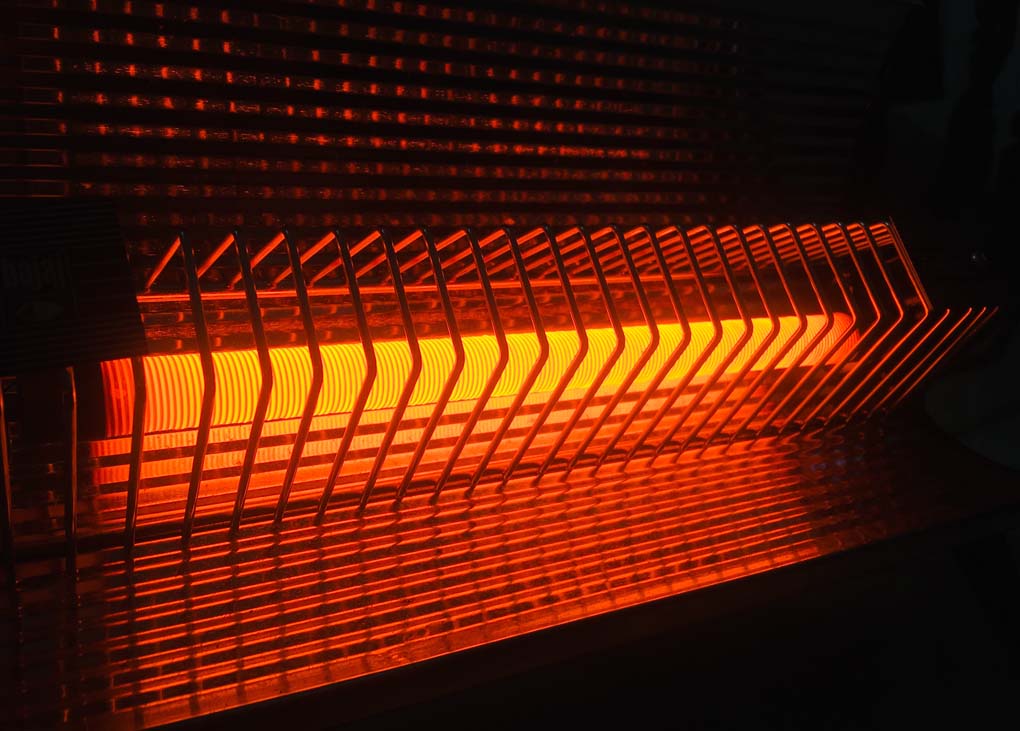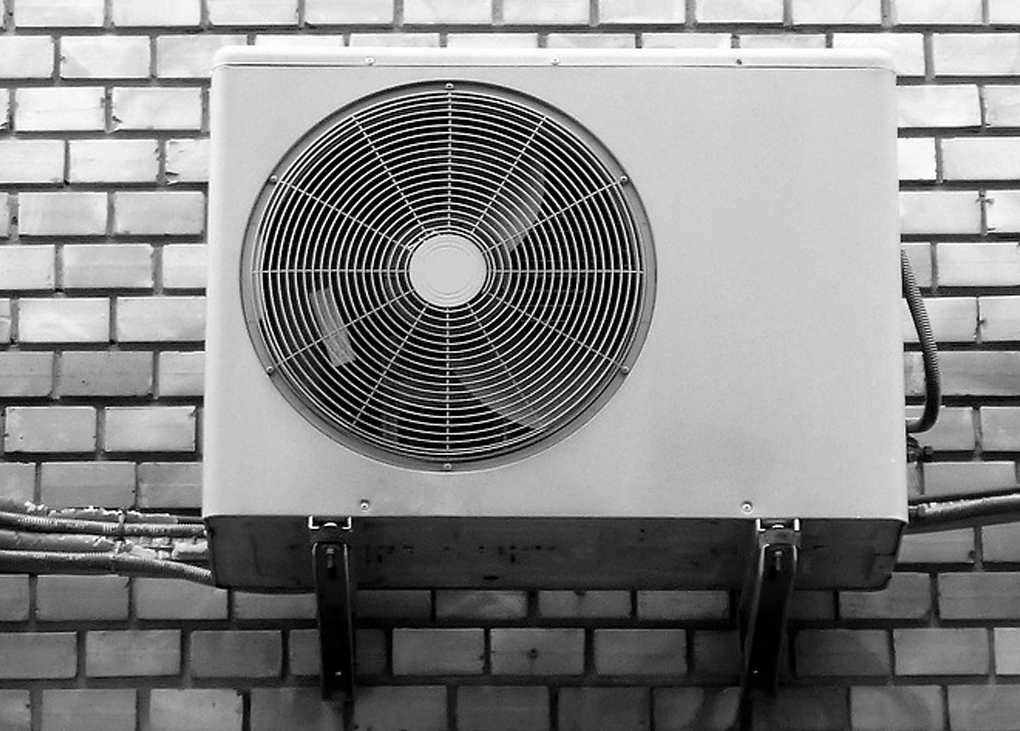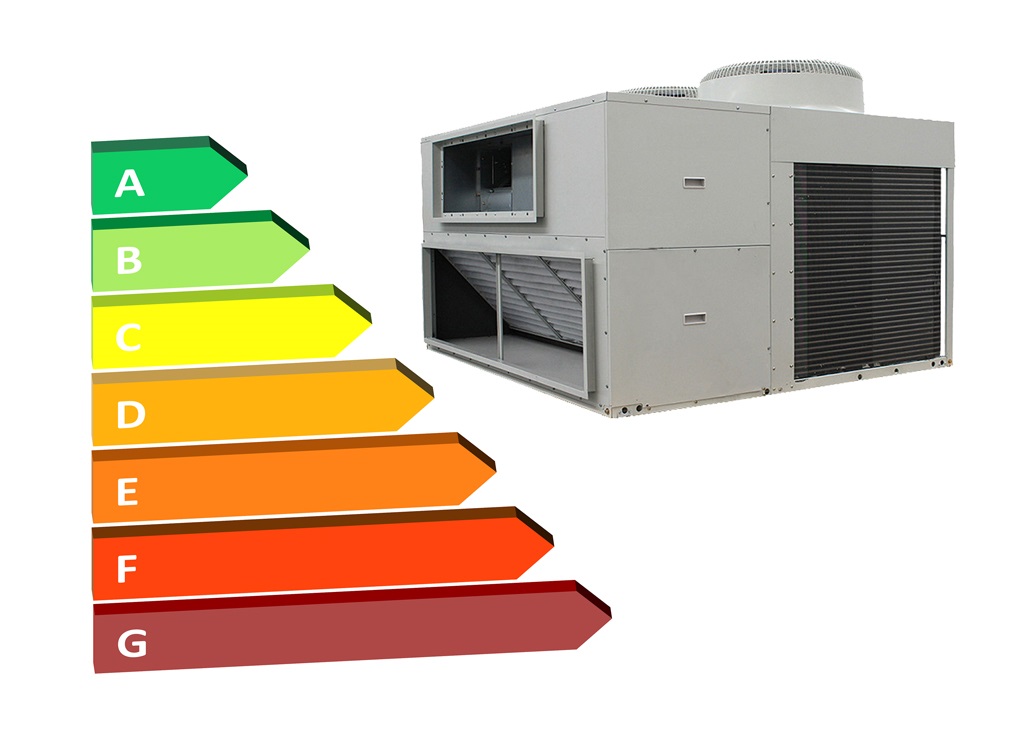Page 5
Tag: energy efficiency
-

HVAC&R is the key to averting climate crisis
A new report from the United Nations Environment Programme (UNEP) and the International Energy Agency (IEA) has flagged the huge potential of the HVAC&R sector to reduce global emissions. The Cooling Emissions and Policy Synthesis Report notes that over the next four decades, international action on energy-efficient, climate-friendly cooling could avoid as much as 460 […]
-

Efficiency key to recovery
An online summit called Energy Efficiency and Australia’s Economic Recovery has been scheduled on July 1 to discuss how energy efficiency and energy management can help support Australia’s economic recovery post-COVID-19. The forum is being delivered by the Australian Council of Social Services (ACOSS), Australian Industry Group (Ai Group), the Energy Efficiency Council (EEC), the […]
-

Tender for maintenance and leak prevention program
The Department of Agriculture, Water and the Environment is developing an education program to encourage refrigeration and air conditioning equipment owners and facilities managers to improve their level of preventive maintenance. The program aims to reduce refrigerant and energy-related greenhouse gas emissions and at the same time reduce consumer costs by having their equipment operate […]
-

Whose leak is it anyway?
AIRAH is holding a Streamline webinar called “Who’s Leak is it Anyway?” on Thursday, May 21. The webinar will cover what the ever-increasing emphasis on energy efficiency and building performance means for HVAC professionals. The session will explore what is expected of HVAC professionals, building air tightness and the main failure points of HVAC professionals. […]
-

Heads-up on heating from Standards Australia
As winter approaches and people start heating homes and other buildings, Standards Australia has sent out a message to raise awareness about safety and energy efficiency. Standards Australia notes that standards set out requirements for the safe design, use and energy consumption of heaters and similar electrical appliances heavily used in winter. It also points […]
-

Closing the energy performance gap
The Sustainable Built Environment National Research Centre (SBEnrc) and the Australian Department of the Environment and Energy have partnered to produce a research report about building energy performance. The report was commissioned as part of the IEA’s Building Energy Efficiency Taskforce (BEET). Building energy efficiency has been identified as a cost-effective opportunity to reduce energy consumption […]
-

Flammable future for split systems?
German development agency GIZ has published a resource guide promoting the use of R290 (propane) in split system air conditioners. The guide highlights the efficiency benefits and potential emissions reductions that propane offers, and addresses concerns about flammable refrigerants. Ultimately, it aims to encourage policy-makers to facilitate the market uptake of energy-efficient split systems using […]
-

Slashing on-farm energy use
The NSW government is urging primary producers to put their best ideas forward to cut costs and reduce on-farm energy use, and is offering up to $2.25 million in grants. “In the midst of the worst drought on record, it’s more important than ever that farmers are efficient, and get the best bang for their […]
-

Best practice guide for coolrooms
The Australian Institute of Refrigeration, Air Conditioning and Heating (AIRAH) is conducting a review of a best practice guide for energy efficient walk-in coolrooms and freezers. Walk-in coolrooms are those intended to store chilled or frozen foodstuffs and other perishable items. They are accessible by at least one door suitable for people to walk through. […]
-

New minimum standards for large AC
New greenhouse and energy minimum standards (GEMS) have been drafted for air conditioners above 65kW. They are open for public comment. There are currently no minimum energy efficiency requirements under the Greenhouse and Energy Minimum Standards (GEMS) Act for air conditioners over 65kW capacity to be sold in Australia. There are, however, requirements in the National […]
-

Five low-hanging fruit of HVAC&R
The time has come to herald the sustainability solutions offered by HVAC&R, rather than focus on its challenges. That’s the message from Andrea Voigt, Director General of the European Partnership for Energy and the Environment (EPEE). As Europe swelters through one of its hottest summers on record, cooling in the form of air conditioning is […]
-

Raising the efficiency bar for homes
Expect new Australian homes to become more sustainable after an agreement at last week’s Building Ministers’ Forum (BMF) to enhance energy efficiency provisions for residential buildings in the National Construction Code (NCC). The Australian Sustainable Built Environment Council (ASBEC) has warmly welcomed the agreement. “The homes built today will still be operating in 2050 – […]
-

Webinar: Comparing HVAC efficiency
The Green Building Council of Australia (GBCA) is holding a webinar on August 8 to compare the energy efficiency of key HVAC systems. The webinar is based on a world-first research project commissioned by the ARBS Foundation and carried out by Team Catalyst. It involved a comparative dynamic simulation analysis of key system configurations prevalent […]
-

Darryl K. Boyce named ASHRAE President
Darryl K. Boyce, P. Eng., has been named ASHRAE’s President for the 2019–20 term. Previously a treasurer, vice-president and director-at-large on the ASHRAE board of directors, Boyce is the recipient of sundry ASHRAE honours. Boyce announced his theme for the year of his presidency is “Building for People and Performance. Achieving Operational Excellence”. “We must […]
-

Energy efficiency the key
A new report from the Energy Efficiency Council has highlighted the vital role that improvements that energy efficiency can play around the world, and especially in Australia. The World’s First Fuel is an attempt to distil world’s best practice around energy efficiency into recommendations that can inform Australia’s energy debate. The title comes from the […]
-

NABERS sets ambitious new targets
The National Australian Built Environment Rating System (NABERS) has published a new five-year plan for 2019–2023. It contains some ambitious goals. NABERS is a national government initiative to measure and compare the environmental performance of Australian buildings and tenancies. Since its inception, the program and its well-known star system has clocked up some impressive numbers. […]
-

ASBEC applauds focus on energy efficiency
The Australian Sustainable Built Environment Council (ASBEC) has welcomed the federal government’s recent announcement of its additional investment in energy efficiency. ASBEC is particularly impressed with the clear focus on improving the energy and emissions performance of buildings. ASBEC’s modelling has shown that with appropriate support, Australia’s building sector could deliver over a quarter of […]
-

Trajectory on track, but focus is on fire
The Building Ministers’ Forum (BMF) met in Hobart on February 8 to discuss issues ranging from safety to energy efficiency. The BMF oversees policy and regulatory issues affecting Australia’s building and construction industries. It is made up of federal and state and territory government ministers who have responsibility for building and construction. It was thought […]
-

NCC 2019 Preview release
The NCC (National Construction Code) 2019 Preview has been released. Versions of all three volumes and the guide to volume one are now available to download as PDFs. The NCC sets the minimum acceptable standards for all new construction work in Australia. Since 2005, it has included provisions in Section J for energy efficiency, including […]
-

Incoming: New AC energy-efficiency standards
As reported last month, the Australian government is changing energy efficiency regulations for air conditioners up to 65kW in capacity. A draft version of the new “determination” (the instrument that regulates energy efficiency) is now available, and more details of the changes have been confirmed. The first major change is the introduction of a more […]